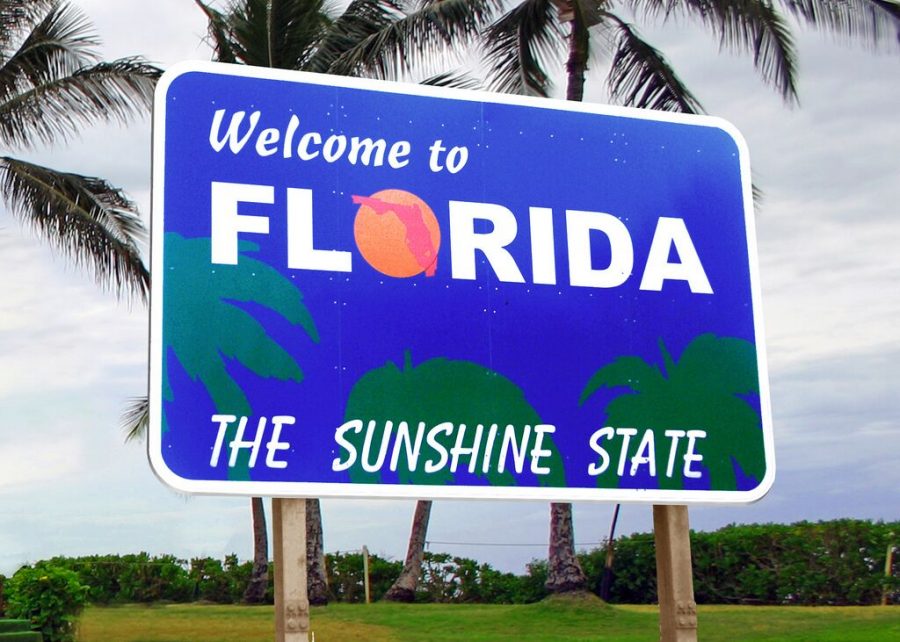More Sunshine for the Sunshine State
Keeping daylight saving time year-round will help Floridians and visitors
House Bill 1013, commonly known by its moniker Sunshine Protection Act, will benefit Floridians both economically and socially.
The bill, which has been sponsored by Florida state Sen. Greg Steube, will make the daylight saving time schedule permanent in the Sunshine State.
Following daylight saving time means there will be more light during evening hours, with early morning hours being darker. This bill’s passing appeals to everyone, even tourists to Florida will have more time to enjoy their day and patronize businesses.
Moreover, Floridians will not need to worry about transitioning time twice a year. Because the state will now adhere to an unchanging timetable, the confusion of switching the clocks biannually is eliminated. Floridians will no longer have to fear being late to an event the day after daylight saving time.
There are, however, concerns about the implications of the Sunshine Protection Act. Such fears were voiced by State Rep. Julio Gonzalez, who believes that the new schedule may confuse tourists rather than benefit them.
On the other hand, smartphones or similar devices which are prevalent in today’s world automatically update the time according to location. Many travelers are likely to possess them, and they are a more convenient and reliable time source than changing mechanical clocks with daylight saving time.
If there is any confusion, it may stem from the fact that almost all states in America are on standard time, which is a set of time zones spanning from coast to coast.
However, standard time is an outdated practice. Because it was created to benefit agrarian societies, it is no longer useful in modern consumption culture.
Besides this, there are also concerns about commuting to work and school in the dark, which may cause more accidents.
However, these apparent disadvantages are offset by the clear pros. For example, The Florida Times Union suggests crime rates may decrease due to increased light during the evening hours.
Like foreign visitors, Floridians will also be positively impacted, with more time to spend on hobbies, such as exercising after work or school, walking their dog or simply enjoying the extended daylight.
As of March 23, Gov. Rick Scott has approved the bill, making Florida one step closer to achieving a sunnier state. However, it will need congressional approval.
Although the U.S. Energy Policy Act of 2005 allows states to choose to be exempted from standard time, requesting to do so requires federal approval.
Should the federal government approve this measure, Florida will join Arizona and Hawaii as the only U.S. states to diverge from standard time.
Florida residents – not just tourists – have waited long enough to let go of the phrase “fall back, spring forward”, which is a reference to the troublesome time transitions.
The momentum for the Sunshine Protection Act must continue if it is to gain congressional approval. To ensure the bill clears the final hurdle, Floridians should contact their congressman and demand its ratification.

